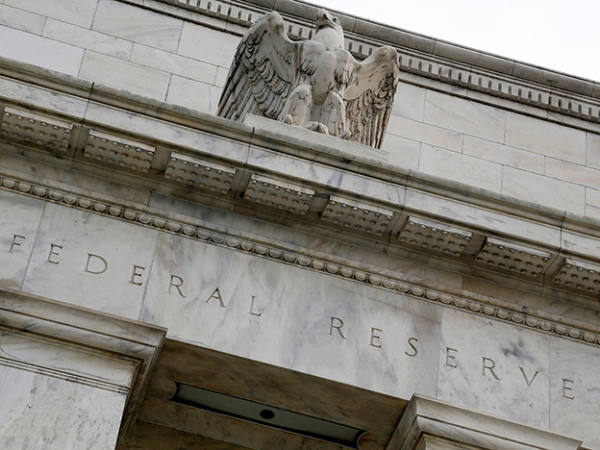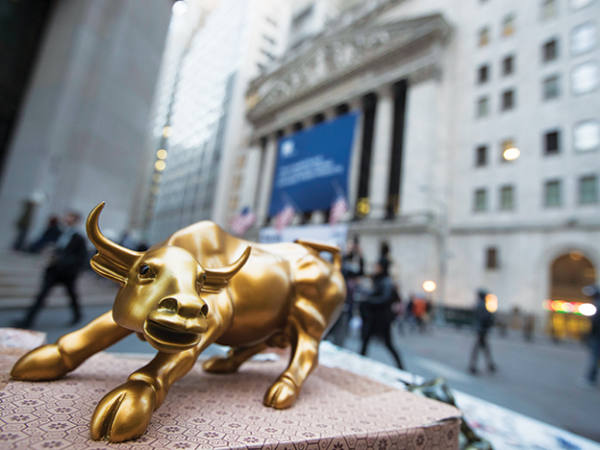Last week’s stock market fall might have real economic effects
Roger Farmer at The National Institute of Economic and Social Research (NIESR) points out that in the past falls in share prices have led to rises in unemployment. Recent research supports this view. Amir Kermani at the University of California at Berkeley and colleagues studied the response of Swedish households to variations in share prices. They could do this because Sweden’s wealth tax required individuals to report changes in their wealth. They found that for those who held the most shares, a £1 change in stock market wealth led to a 5p change in consumer spending. The response was larger for less wealthy people, and the response of spending to changes in dividends was much greater.
If we apply this to the UK, it suggests that a 5 per cent drop in share prices, if sustained, would cut annual spending by 0.2 per cent – households held just over £1 trillion of shares and funds in September.
There is, though, considerable uncertainty around this – and not just because we don’t know whether the fall will be sustained or not.
One is: how do we interpret last week’s fall? Does it mean we are 7 per cent worse off than we were in mid-January? As the old saying goes, if you’ve lost a fortune on the stock market, you didn’t have a fortune in the first place. Or does it just mean we’re no better or worse off than we were a year ago? This matters for how we react.
Also, there are other mechanisms at work. One is that lower share prices raise companies’ cost of capital. I suspect this is a small effect, though, as the stock market isn’t a major source of funds for capital spending and investment isn’t very sensitive to the cost of funds. A bigger potential mechanism is simply contagion. Depressed animal spirits in stock markets might lead to greater caution in boardrooms, thereby causing some companies, at the margin, to postpone some investment projects.
All this is troubling because the outlook for the UK economy – unlike that of most other developed nations – wasn’t great before the market fell. Last month, the consensus forecast was for gross domestic product (GDP) to grow by only around 1.4 per cent this year and for unemployment to rise slightly. If share prices remain at current levels, we might see growth perhaps a quarter-point lower than this and a more significant rise in joblessness. This would imply only a slight increase in GDP per person.
There is, though, another problem here. In the past, central banks have responded to significant stock market falls by cutting interest rates. In the aftermath of the 1987 crash, for example, the Bank of England cut Bank rate from 10 to 7.5 per cent; in retrospect, that was excessive. Today, though, there is much less cushion from monetary policy. This means the economy is more exposed to fluctuations in share prices. As economists have pointed out for years, ultra low interest rates increase macroeconomic uncertainty by depriving central banks of a reliable policy of boosting growth – which is why most of them opposed the fiscal austerity that kept us there. We can only hope that they are not proved to be too correct.









